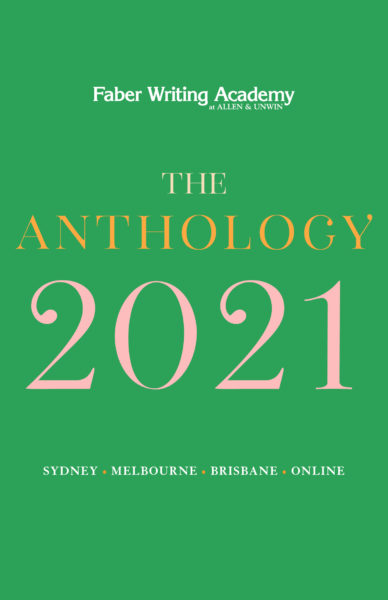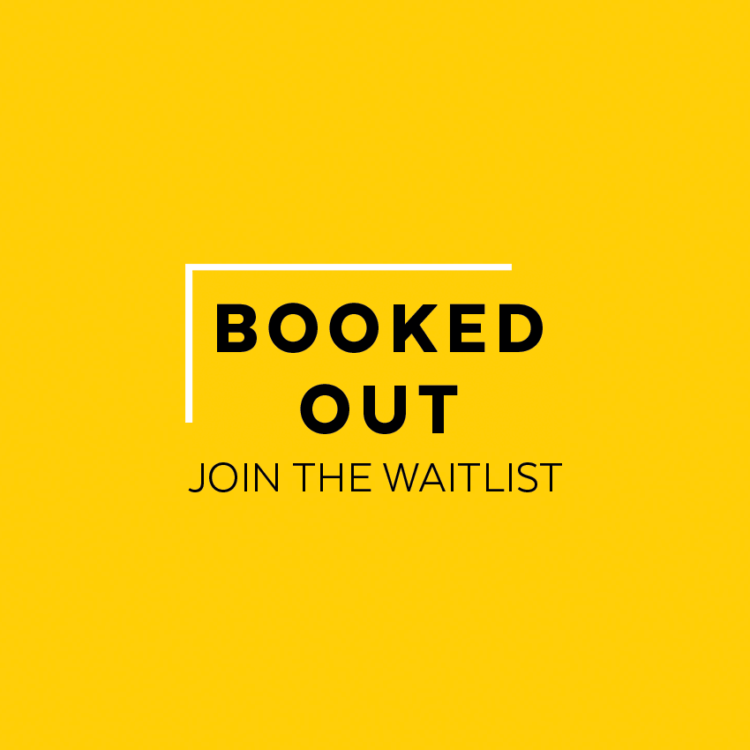Using a proven combination of craft-focused tuition, targeted writing exercises, group discussions and carefully selected readings, the focus of this course will be on your own work, with the aim of ending the course with a complete first draft of your novel.
Based inside Australia’s leading independent publishing house, this course gives you invaluable access to the literary community. Writing a Novel Stage 1 is a targeted program specifically designed to help you find the focus you need to stay the distance and finish your manuscript draft.
For three months, your Course Director will provide you with:
• Regular classes covering everything from the first conception of an idea through to getting words down on the page, narrative structure and style.
• Dedicated guidance from your experienced Course Director, as well as guest tutors drawn from a community of highly respected authors.
• A personalised individual consultation on your project from your Course Director.
• The chance to workshop your novel-in-progress in a supportive small-group setting with limited participant numbers.
• The ability to connect with fellow committed novelists, building a close-knit community of trusted readers. The connections made during this course will support and foster your work for years to come.

In addition to course work, students who complete both stages of Writing a Novel will be invited contribute to the Faber Writing Anthology, a professionally edited and printed showcase of student work. At the end of these two programs, a 2000-word extract of your manuscript should be in perfect shape to submit to our anthology, which is then sent out to an extensive list of leading literary agents and publishers in both Australia and across the United Kingdom.




